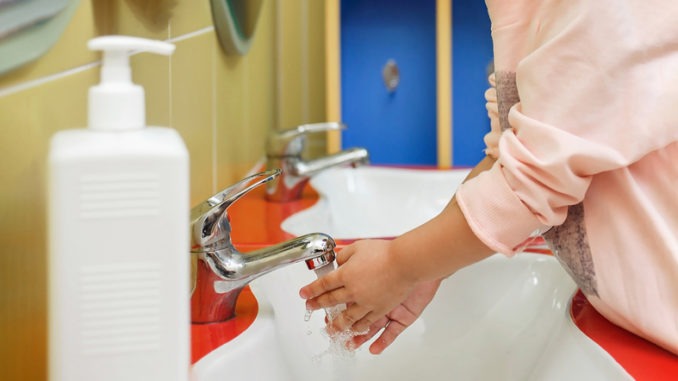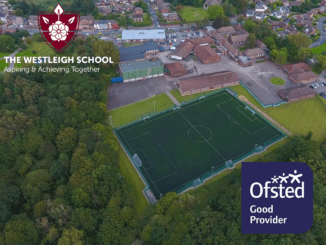
Ofsted has today published the first report in a new series of briefings looking at how schools are managing pupils’ return to education under the current COVID-19 restrictions
The report is based on 121 pilot visits to schools across England carried out last month. It finds that school leaders are working hard to make sure pupils are catching up with their education in difficult circumstances.
Inspectors found that some schools have returned to teaching all subjects straight away, while others are taking a gradual approach to reintroducing foundation subjects such as modern foreign languages and geography. In primary schools, there has been a focus on reading, as the foundation for wider learning.
Misinformation and myths, often from social media, about the different approaches taken to prevent transmission of the virus are causing confusion and parental anxiety, despite school leaders’ efforts to meet government guidelines. Over a third of the schools visited reported an increase in the number of children being removed from the school and home educated.
Schools are planning how to remotely educate pupils who cannot attend in person. As well as logistical challenges, the research highlighted the need to align remote learning with the classroom curriculum to maintain progression, when pupils are isolating away from school.
In the 70 children’s homes visited for the research, staff have worked hard to maintain an environment that is COVID secure, while keeping children’s spirits up. Where restrictions allowed for it, staff continued to facilitate children’s visits to friends, and contact with families, often making use of technology to do so.
In a commentary highlighting the findings from the two reports, Her Majesty’s Chief Inspector, Amanda Spielman said: “We have been hearing directly from the leaders of schools and children’s homes, so we can help others understand what’s being achieved in extraordinary circumstances – whether that’s parents, other professionals working in these fields, or the government.
“Strong leadership and committed staff are key to making the best of this challenging time. The member of staff at a children’s home who isolated with a child who was displaying COVID-19 symptoms so they did not feel alone, stands out. But so does the determination, expressed by many of the school leaders we spoke to, that the pupils currently under their care and guidance must not come to be defined as ‘the COVID generation’. They deserve much more than that.”



Be the first to comment